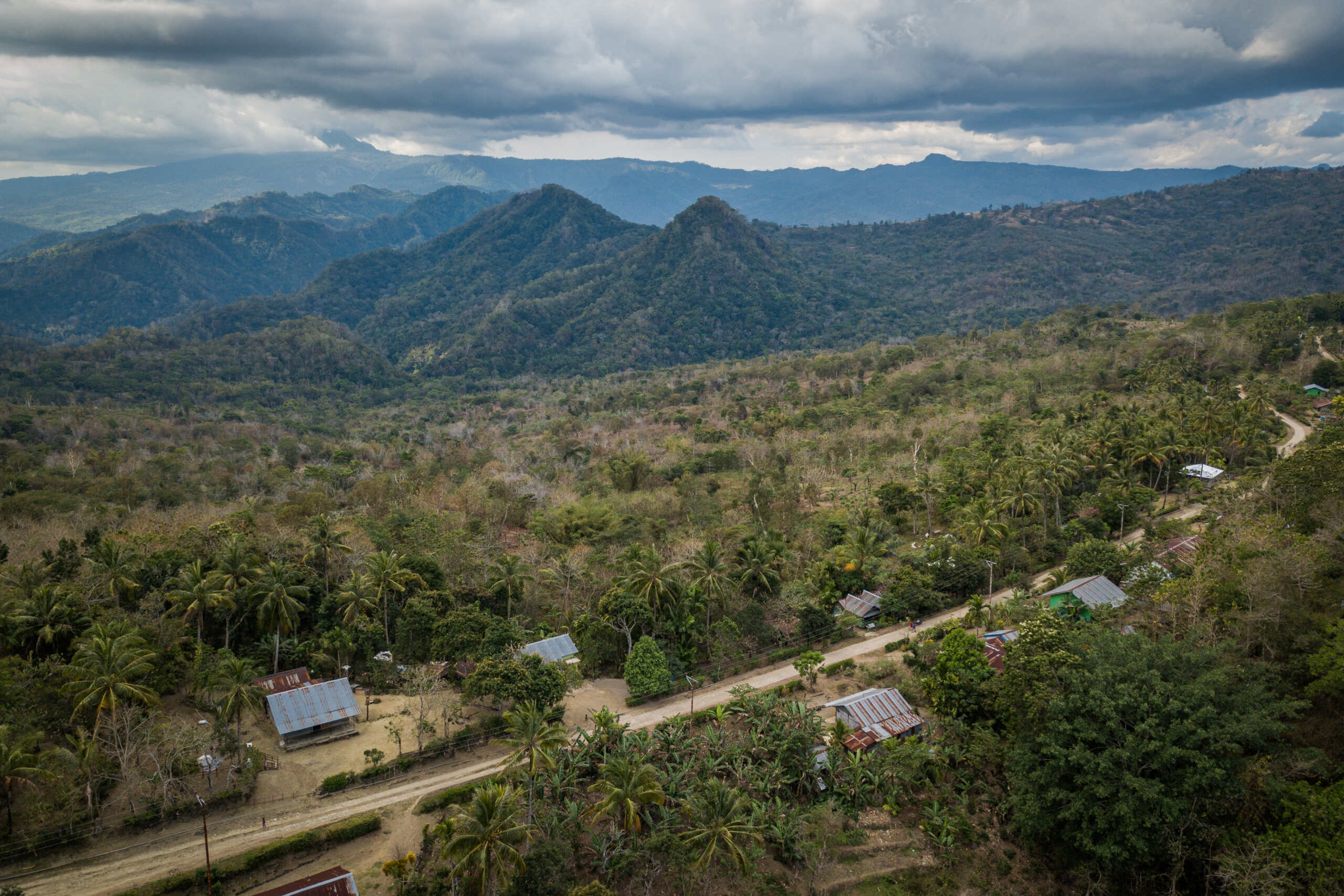International Day of Education: keeping kids in school in Kenya
Education, Stories | January 21, 2024
All children around the world have the right to a quality education. Yet, despite being a right under the United Nations Convention of the Rights of Persons with Disabilities, and a goal under the 2030 Agenda for Sustainable Development, children with disabilities are still 49 per cent more likely to have never attended school than children without disabilities. Ensuring children have access to equitable and inclusive education is a key way in which they can overcome barriers that often trap them in a cycle of poverty.
On the 24th of January, please join CBM Australia in celebrating International Day of Education.
CBM believes that all children should be able to attend school and that children should not be excluded from this human right. Many of our programs aim to improve and promote access to inclusive education and raise awareness of disability rights.
In Kenya, CBM have been helping children, including those with, or at risk of, disability to attend school. The CBM project has supported school health clubs to distribute health related information, aimed at changing and reinforcing positive behaviour so children are less likely to get sick and miss out on school. This is being done by training students in school health clubs, who then teach other students, using a variety of methods, such as dance, poems and acting. To help identify students who are at risk of interrupted learning because of eye conditions, some staff have also been trained in eye health, which has resulted in large numbers of children with eye conditions being identified and referred to hospitals for treatment.
“The CBM project has supported school health clubs to distribute health related information, aimed at changing and reinforcing positive behaviour so children are less likely to get sick and miss out on school.”
Project outcomes
The project has supported the delivery of quality learning by providing teachers with training materials, ensuring children have resources to read and write on. It has also helped build proper school toilets, eliminating the need for children to do their business in open spaces, reducing their risk of getting sick and keeping them in school.
Without basic educational resources and facilities (books to read, paper to write on, functioning toilets) and access to quality health care, children, including those with disabilities, would be less likely to go to school – something that would have lasting impacts on their future opportunities.
CBM acknowledges the support of the Australian Government through the Australian NGO Cooperation Program (ANCP)
https://www.cbm.org.au/stories/international-day-of-education-keeping-kids-in-school-in-kenya
Related Stories

Week 3 – Lent series 2026
This week, we’re reflecting with our colleague Christian, Supporter Relationship Specialist at CBM Australia, who turns to John 13:34–35 (NIV): “A new command I give...

Week 2 – Lent series 2026
As we continue our Lent journey, we’re grateful to share a heartfelt reflection from CBM Australia’s Head of Program Impact Operations, Kieran Cummins, who...

Building inclusive, climate resilient communities in Bangladesh
Highlights from DFAT Post’s visit In January 2026, representatives from the Australian High Commission in...
